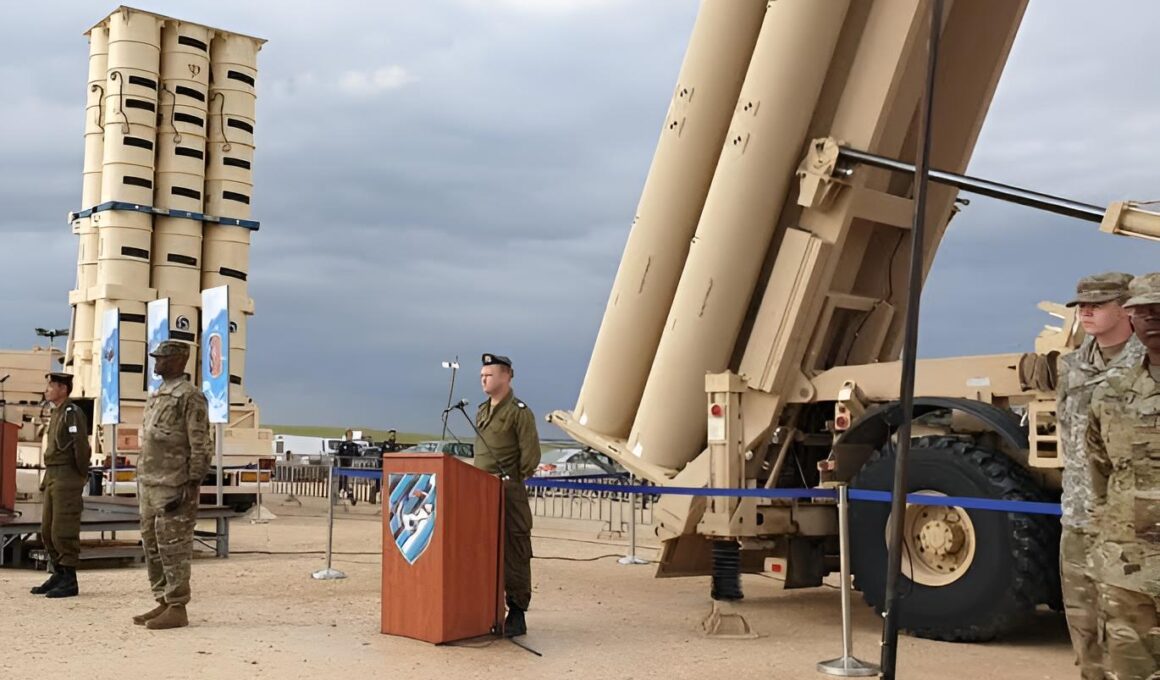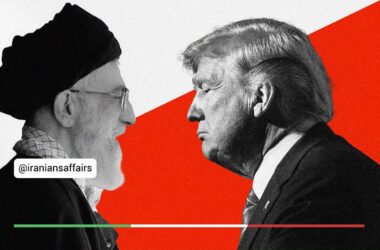With the deployment of the THAAD ballistic missile defense system in Israel, speculations regarding the intensity and timing of Israel’s attack on the Islamic Republic have intensified.
It appears that the installation of THAAD goes beyond regular deterrence policies and the usual commitments of the United States to defend Israel against serious threats, such as the missile attack of October 1. The multiple and prolonged discussions between Israeli officials and U.S. political and military authorities, and the delayed Israeli response, have raised the possibility that the response will be significant enough to guarantee a severe ballistic retaliation from the Islamic Republic. This is why the deployment of the THAAD system, the most powerful and accurate anti-ballistic missile system, has been deemed necessary. This system, alongside the “Arrow” (and to a lesser extent, “David’s Sling”), can ensure an adequate defense against the Islamic Republic’s retaliation.
This suggests that there should be little doubt regarding the intensity of Israel’s response—a response that, in addition to targeting military and defensive infrastructures, could also target nuclear facilities and energy production sites in the Islamic Republic.
The deployment and activation of THAAD could also influence the timing of the attack. It is likely that U.S. officials have asked Israel to align the timing according to their preferences, focusing first on Lebanon and Syria before striking the Islamic Republic. Meanwhile, the U.S. is likely preparing the groundwork in Yemen and Iraq to limit other potential responses from the Islamic Republic.
Given the current developments, one can now envision the future of military conflict in the region. Considering the severe constraints on China and Russia in recent months, it seems unlikely that the future will be uncertain.
The Islamic Republic will suffer significant blows, and given its weak air, naval, and defensive capabilities, it will be limited to conducting small-scale missile and drone attacks. As long as these attacks are only against Israel, they are unlikely to pose a serious threat. The risk of embarking on more adventurous efforts to destabilize maritime trade (particularly in the oil market) seems remote. Such a risk could fully convince the West to move swiftly from a “policy of containment” to a “policy of change” against the Islamic Republic. Perhaps the only remaining question is whether Israel has accepted the U.S. request to delay its response until November 5, or if this decision remains in Israel’s hands.







